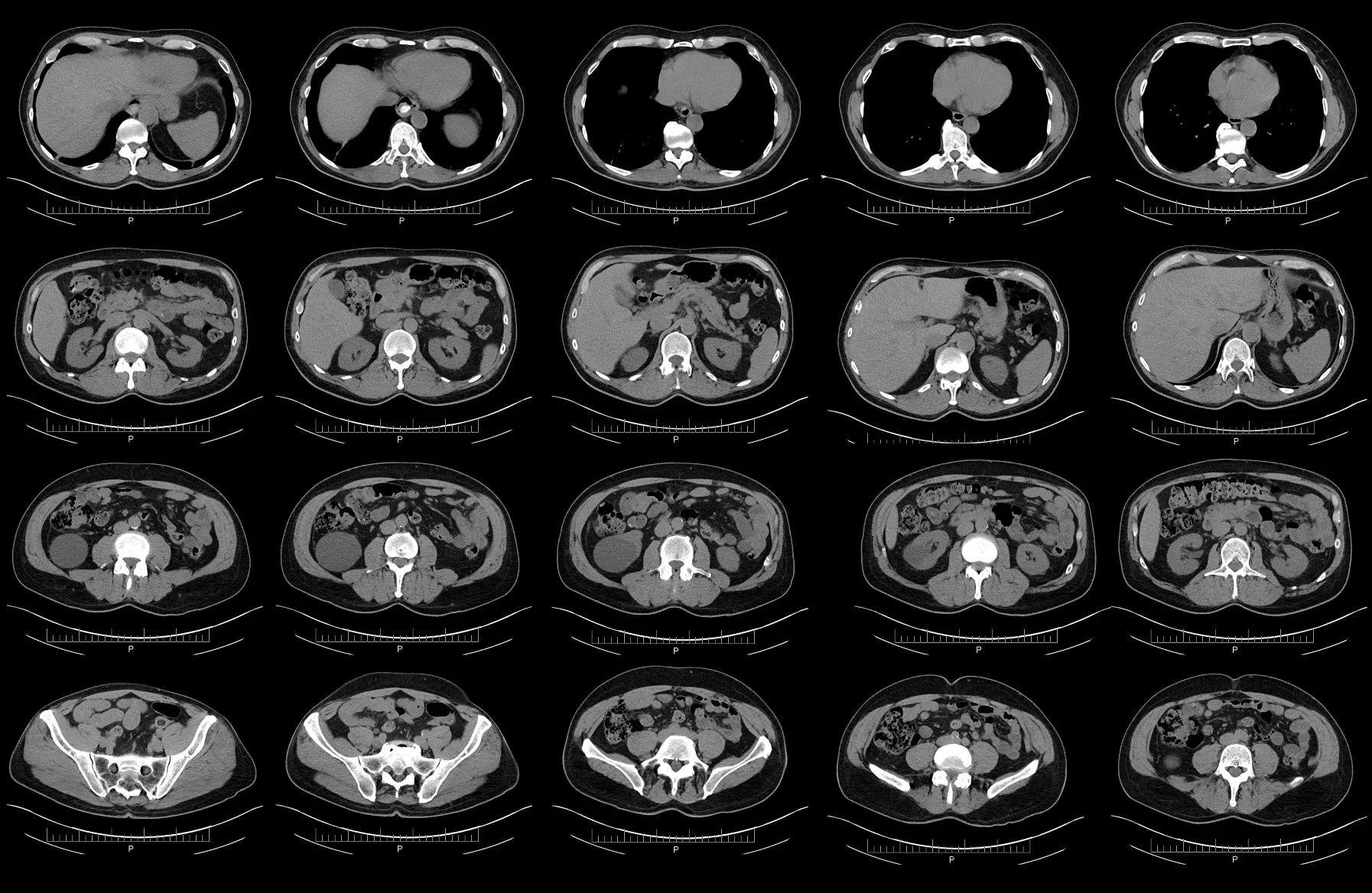Artificial intelligence may now have the capability to predict pancreatic cancer up to three years in advance, according to a recent study.
The research indicates that an AI tool can identify individuals at risk of developing this lethal disease, which is challenging to detect in its early stages, by analyzing their medical records.
Published in the journal Nature Medicine, the study demonstrates that AI-based population screening can potentially detect cases of pancreatic cancer by pinpointing specific biomarkers in a group of people.
“One of the most crucial decisions clinicians face daily is identifying individuals at high risk for a disease and determining who would benefit most from further testing, which can involve invasive and costly procedures carrying their own risks,” explained study supervisor Chris Sander, a professor at Harvard Medical School, in a press release.
“Sophisticated AI tools that can accurately identify those at highest risk for pancreatic cancer, who would benefit most from additional tests, could significantly enhance clinical decision-making.”
Led by researchers from Harvard Medical School and the University of Copenhagen, in collaboration with VA Boston Healthcare System, Dana-Farber Cancer Institute, and Harvard T.H. Chan School of Public Health, the study analyzed clinical data from 9 million patients in Denmark and the US.

Using AI algorithms, the researchers trained machine learning models to interpret diagnosis codes in patient data and correlate them with pancreatic cancer development.
They tested various iterations of the AI models for predicting diagnoses at intervals of six months, one year, two years, and three years, discovering that their methods were “considerably more accurate in predicting future pancreatic cancer cases compared to current population-wide estimates of disease incidence.”
Despite these promising findings, the technology is still in its early stages and requires further extensive testing.
Pancreatic cancer is notoriously difficult to detect early, often leading to late-stage diagnoses where treatment options are limited. Imaging tests frequently fail to detect the cancer in its initial stages, contributing to a five-year relative survival rate of only 12.5%.
“Many types of cancer, particularly those that are challenging to detect and treat early, exact a disproportionate toll on patients, families, and the healthcare system as a whole,” noted study supervisor Søren Brunak, a professor of disease systems biology at the University of Copenhagen, in a press release.
“An AI tool capable of pinpointing individuals at highest risk for pancreatic cancer, who would benefit most from further tests, has the potential to significantly enhance clinical decision-making.”
The study underscores the potential of AI-based screening to transform pancreatic cancer diagnosis and treatment, offering hope for early detection and intervention when chances for successful outcomes are highest.
